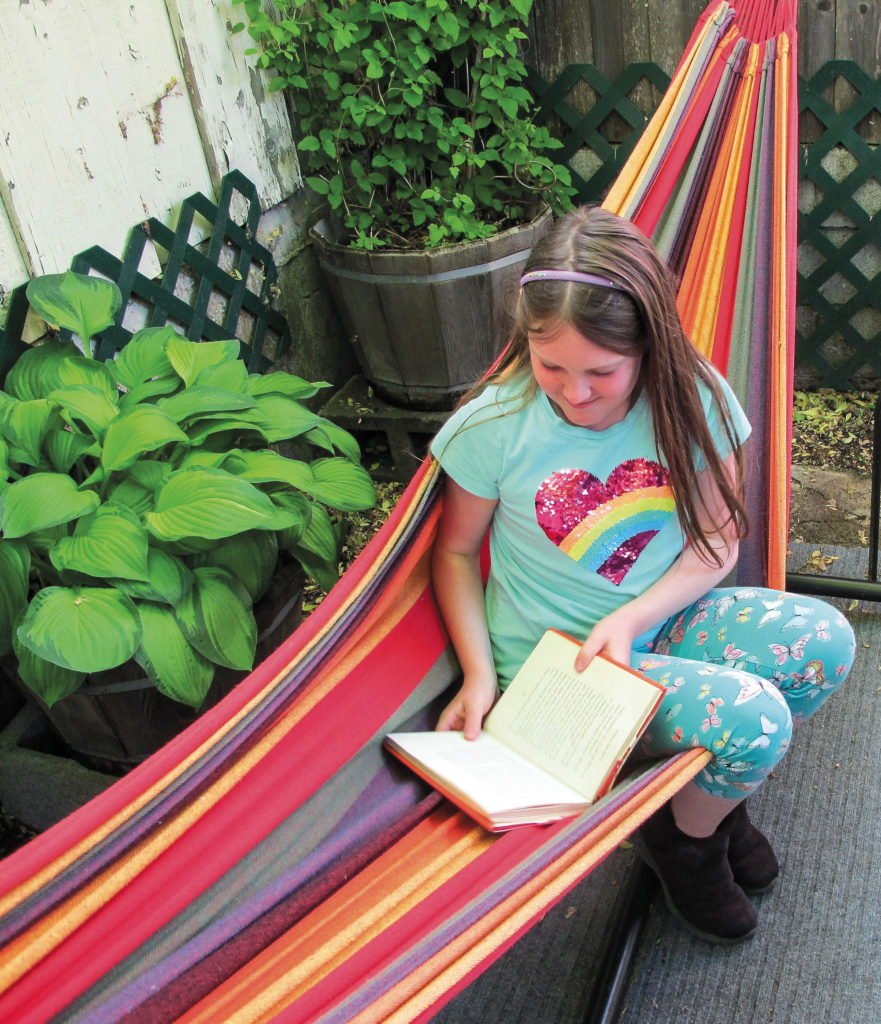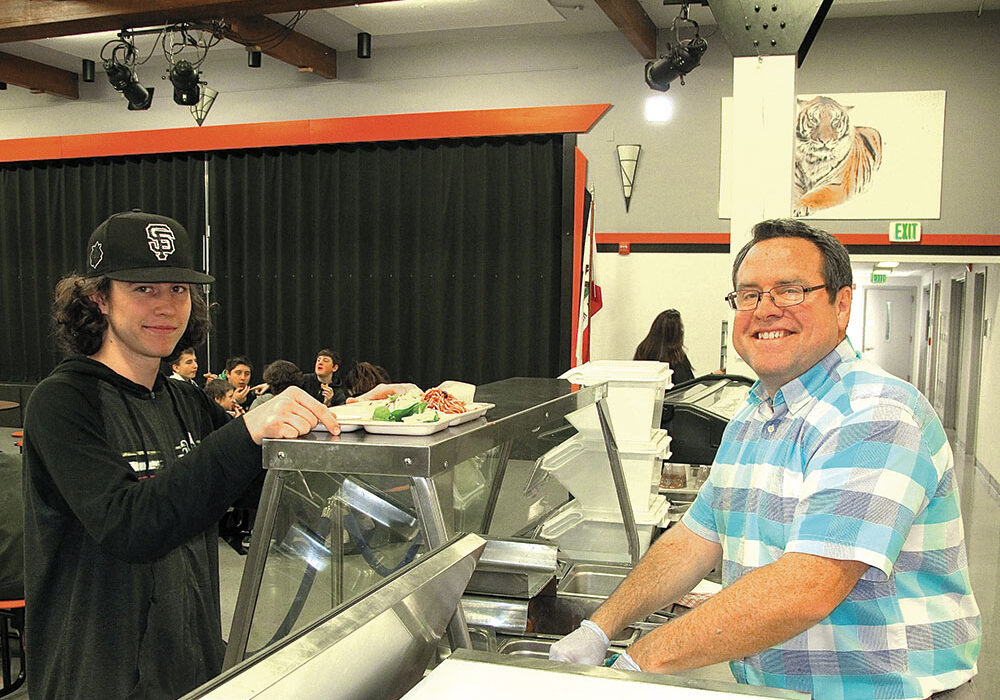The idea that you are what you read was eloquently described by Ralph Waldo Emerson: “I cannot remember the books I’ve read any more than the meals I have eaten; even so, they have made me.”
According to Sanya Pelini, who writes about children and learning on her website, Raising-Independent-Kids.com, experts agree that the earlier in life children are exposed to books and to different vocabulary, the better they learn new words, and the more they benefit from everyday experiences.
Advantages of reading to kids
There are multiple advantages of reading to kids, and there is plenty of research to back that up.
Reading to your kids awakens their curiosity, imagination and critical thinking skills.
- Children who hear stories are more likely to fall in love with books.
- Reading provides a bonding experience with your child and can be comforting.
- Children who are read to from the earliest moments express themselves better and therefore become better communicators.
- Reading instills a sense of enjoyment of reading in children.
- Reading promotes 2-way communication.
- Reading opens up kids’ worlds. It introduces them to new things and new places.
- The earlier children learn a word, the better they master it, even in adulthood.
- Reading takes kids away from screens.
- And, finally, reading keeps kids quiet!
Everyone knows the benefits of reading to kids. Few parents do it. Although a recent report claims that 80% of parents neither have the time nor feel confident in their reading capabilities, it is difficult to determine the accuracy of these findings and the extent to which they can be generalized.
What is known for sure is that the culture of reading seems to be on its deathbed. But anyone can get into the habit of reading to their children.
Theodore Roosevelt, one of the most revered American presidents and a lifelong avid reader, had some important words of advice:
- “A book must be interesting to the particular reader at that particular time.” Both quality and quantity matter in children’s language and literacy development, and they must be interested in what they read.
- Your child’s age must be taken into account when choosing which books to read.
- A good book should have a level of vocabulary your child is able to understand.
- Picture books are particularly good for the youngest kids because you can talk to them about the illustrations.
- “Do what you can, with what you have, where you are.” Reading with a child for just 10 minutes a day is enough to make a huge difference to their development. Do what you can with the time you have.
- If you’re unable to read to your kids, talk to them. Make up stories. Talk to them about your day, about their day, about the world. There are times when the right type of discussion can be even more valuable than reading.
Build a reading tradition
Building a strong reading tradition is a great way to incorporate reading into your family activities. Choose a comfortable reading space and a regular reading schedule and try to stick to it. Establishing a reading tradition makes kids look forward to that time as part of a normal activity. Start with short reading sessions and vary your reading material. If they stop paying attention, it means it’s time to stop. Don’t insist.
Enjoy reading
Kids learn from example. Children whose parents read and seem to enjoy reading are more likely to become readers themselves. Talk about what you’re reading with your partner and kids. If you want your kids to become readers, show them you enjoy reading.
Get into it and encourage comments
Sometimes parents are so obsessed with “reading” that they fail to explore how reading helps kids. Getting into it means being aware of what you’re reading and of what your kids understand. It means encouraging their comments on the stories or illustrations in the books: what do they understand? How do they feel? What do they think? For younger children, illustrations can be powerful. What do kids see when they look at them? Can they identify the animals, colors, food items?
Use the power of making up stories.
While it might be difficult at first, making up stories is a powerful way to teach your kids about creativity. It’s important to involve kids in this process as it develops a multitude of skills: creativity, critical thinking skills and imagination. If you have trouble starting, try using creative story cards or make some story cards of your own.
Buy quality books and visit the library
If you can afford it, buy them some books, magazines and comic books and keep them visible. Keep in mind that it’s the quality rather than quantity that matter. Books hidden away will get forgotten, so display books on a bookshelf. Choose the books to buy with your kids. Determine beforehand which books are suitable for them and let them choose from your list. Visit the library frequently. Keep in mind that not all books are equal. Choose quality.
Work around your schedule to find time
It’s not always easy to find the time to read with your kids. Don’t get into the trap of thinking there’s just one way to do things. Work around your schedule, talk to your kids or make up stories in the car or over dinner.
Posted in: Education
Comment Policy: All viewpoints are welcome, but comments should remain relevant. Personal attacks, profanity, and aggressive behavior are not allowed. No spam, advertising, or promoting of products/services. Please, only use your real name and limit the amount of links submitted in your comment.
You Might Also Like...
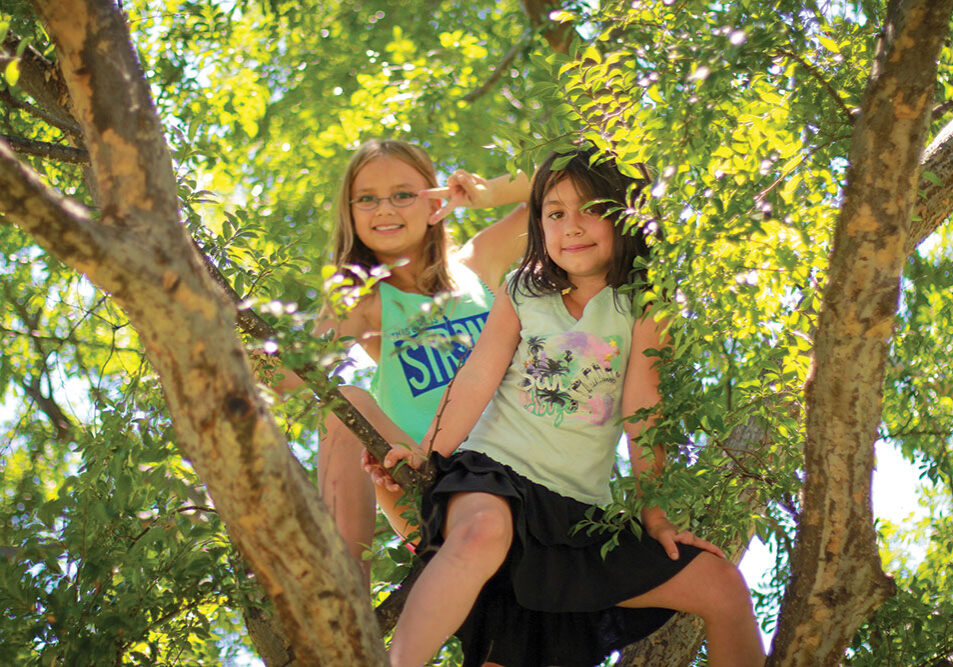
Creative Back-To-School Traditions To Start This Year
The years seem to pick up speed as your child gets older. One minute he’s getting on the bus for kindergarten, and in the blink of an eye he’s walking […]
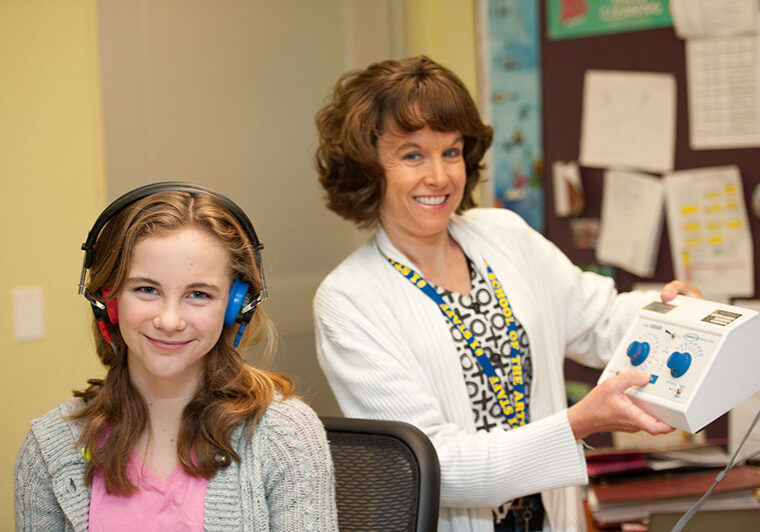
Then And Now: What School Nurses Do
The history of school nursing reflects changes as vast as those in any other medical profession. It began with a single focus: keeping children in school. Today, nurses are responsible […]

How To Talk To A Teacher
A meeting between you and your child’s teacher can be a powerful tool for helping your child succeed in school. Whether scheduled by the school, requested by you, or suggested by […]
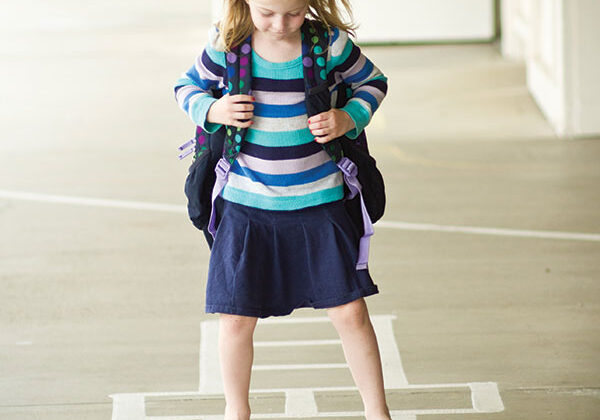
The First Back-To-School Journey
It’s August and back-to-school reminders are everywhere. Parents of preschoolers, this means your first back-to-school journey is about to begin. In the year before kindergarten, there are important steps you […]


